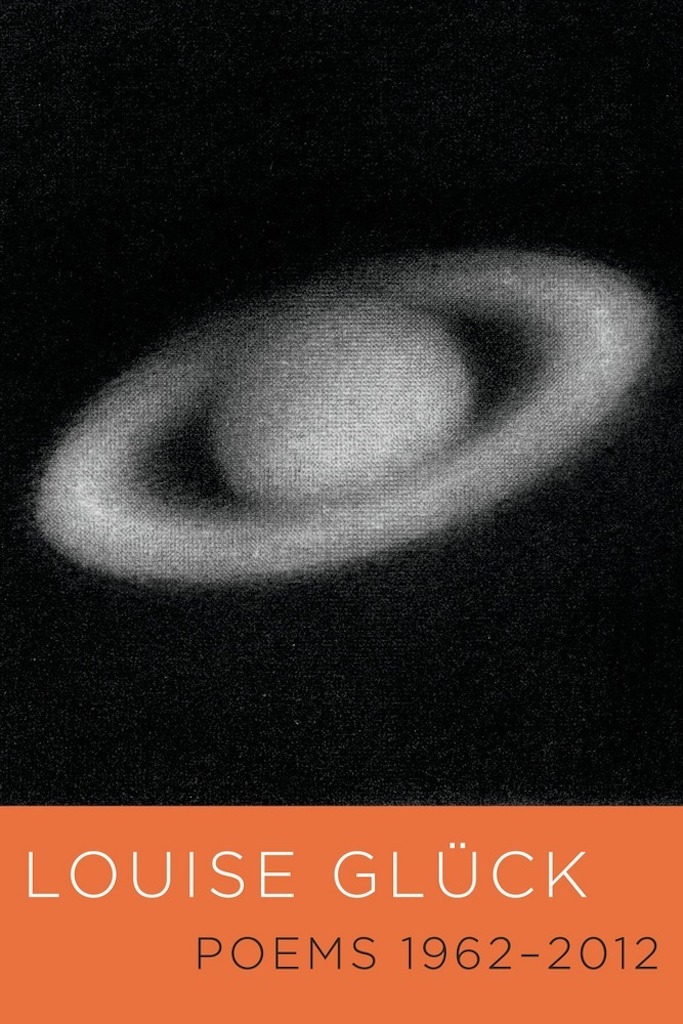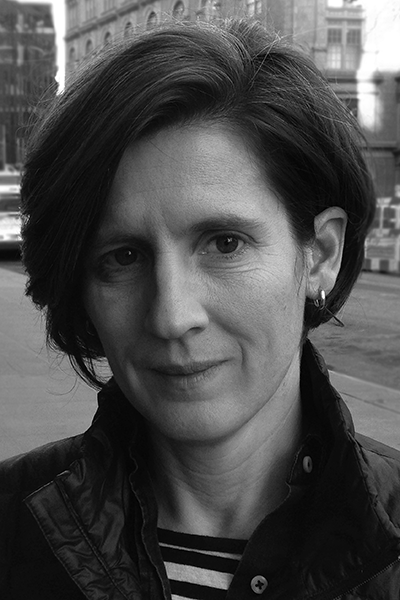“Is it winter again, is it cold again,/ didn’t Frank just slip on the ice,/ didn’t he heal, weren’t the spring seeds planted.” Opening stanza, five questions in three lines, here we are: imagination stoked and the world is tragically caught on a seam. Where am I? What happened? In Louise Glück’s “October,” six lyric sections will not answer for the man, Frank, specifically, nor for the unnamed voice, a few lines later, which makes good sense; for these are the intimate markers of address that will cede (seed) the song of a season—October—time when summer’s full bloom meets winter like an empty whisper. And this is always the case: whatever has been, shall not be, again.
Soon we come to understand that the safety of the body, that of the individual and that of humanity, as I read the poem, has been compromised. The specifics of why and how are necessarily left out. Whether a scar has formed, or whether healing is even/ever possible is as dubious as the question of if, and when, the seeds, literally and metaphorically, have been planted. “Summer after summer has ended/ balm after violence.” But what has happened? And what is to come? How might the individual’s relation to violence be mediated, or not, by proximity, personal connection, an ability to speak, to sing, to walk, to write. “I stood/ at the doorway/ridiculous as it now seems,” writes Glück, in the poem’s third section and so the poem moves, pitting action against inaction, acceptance beside despair.
I was trying to remember when I first read “October.” I think it must have been soon after its publication. Yes, I know I taught “October” to my students, likely in 2005, just after it had been published, first as a chapbook by Sarabande. Perhaps, though, I already knew the poem from the New Yorker publication in October 2002, a gesture, as I then read it, back to 9/11. When I taught the chapbook did we read the poem specifically with reference to 9/11? I don’t precisely remember. Probably, yes. Nearly two decades later, I’m still struck by “October,” which reappears in the opening of Glück’s tenth collection Averno (2006), both as a poem that may be, and must be, read without a specific story and as a lyric sequence refusing solution.
It’s October, again. I’m upset by the number of new catastrophes, how ongoing they are—according to the individual, our nation, our world, our galaxy. Living as I do, phone pressed against my body most of the day, it’s strange to me how tragedy, especially, can feel farther and farther away. It’s so easy to vacillate between feeling overly affected and totally numb. How, I keep wondering, did Louise Glück write a poem inside and outside of the massiveness of 9/11, a poem that migrates, necessarily, between the body and the mind, a poem moved by unanswerable questions, in which repetition is as likely to halt as it is to heal? “You hear this voice? This is my mind’s voice/ you can’t touch my body now.” The essential intimacy in this poem, I’m thinking, is with the unspeakable; it is a difficult intimacy, then, one that might approach tragedy as easily as it approaches the mundane. And how could it be otherwise? “The brightness of the day becomes/ the brightness of the night.” Though a poet cannot restore beauty, beauty is; the work goes on.




